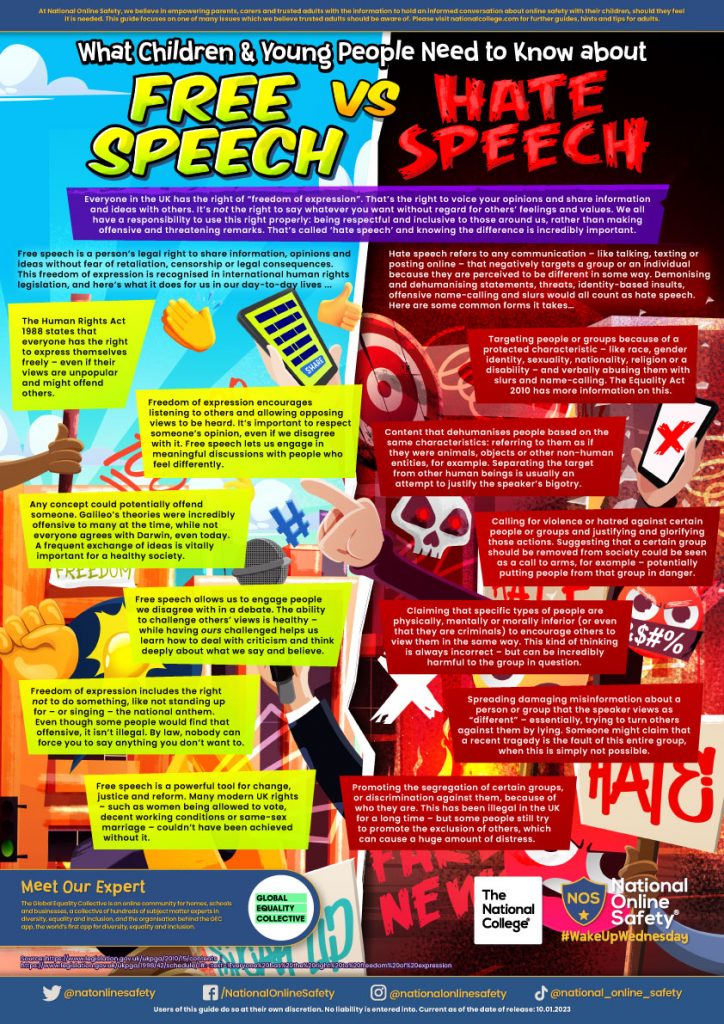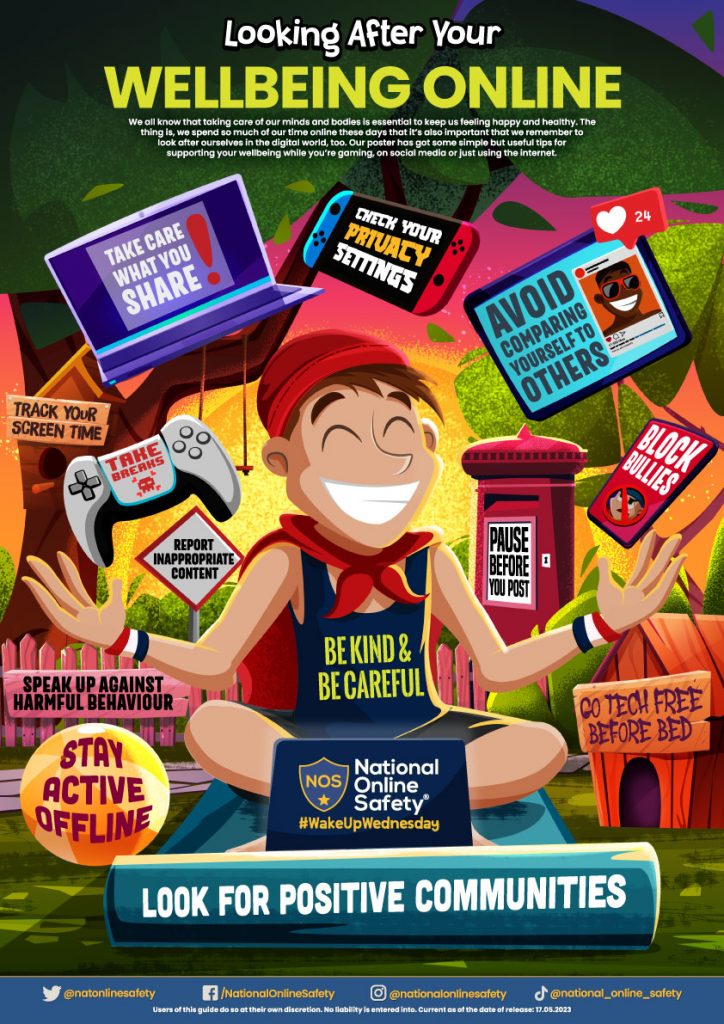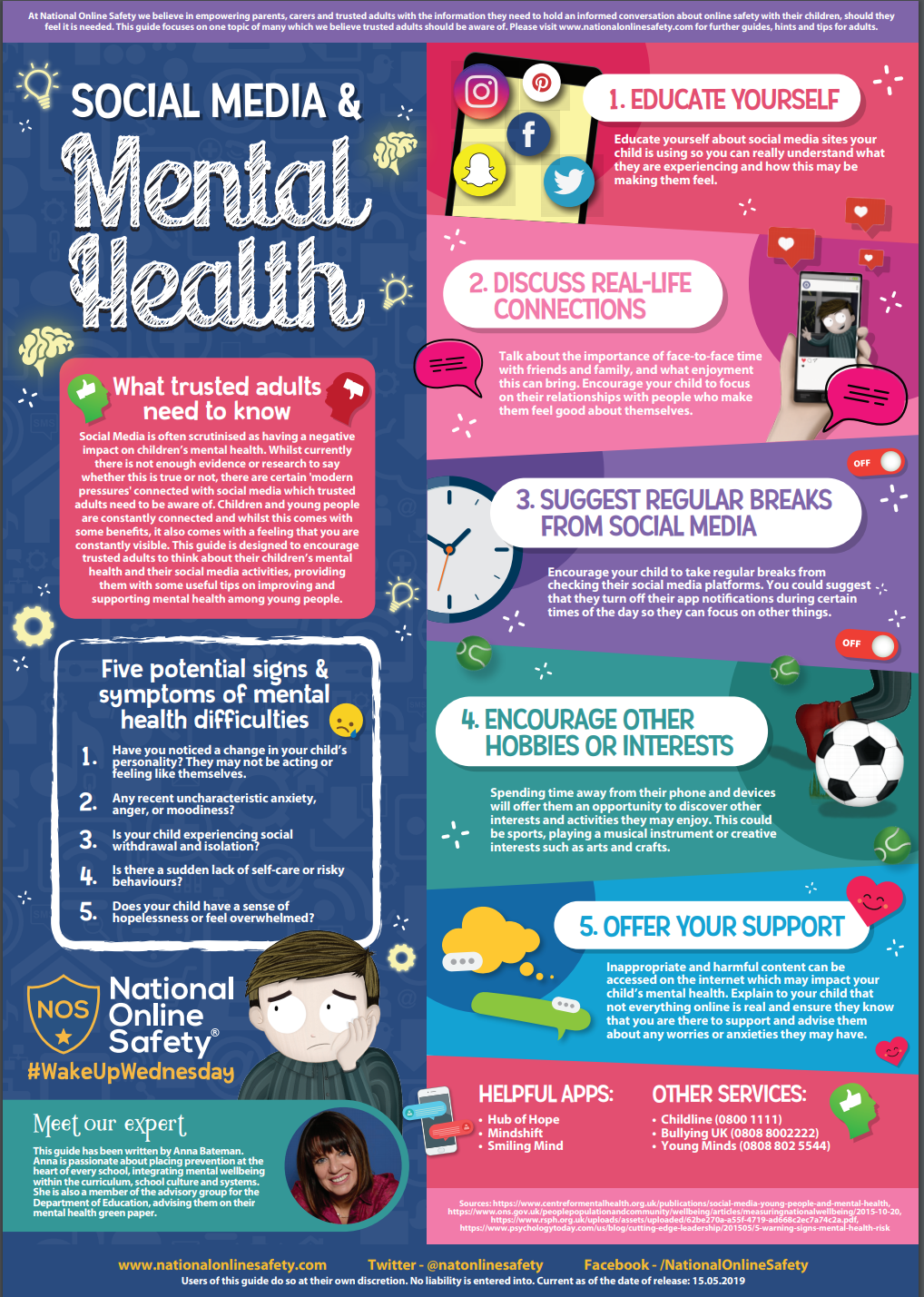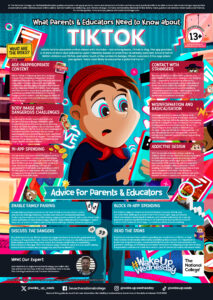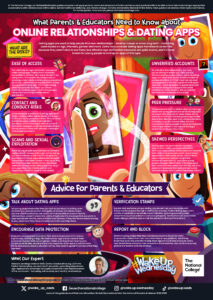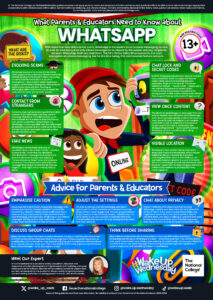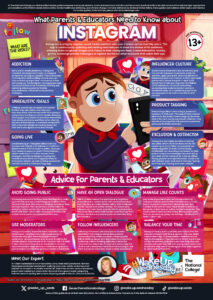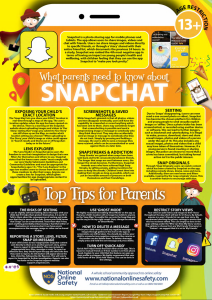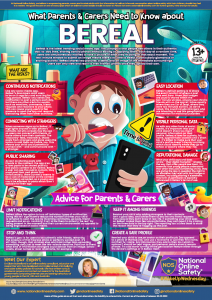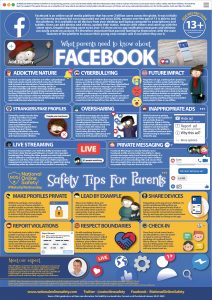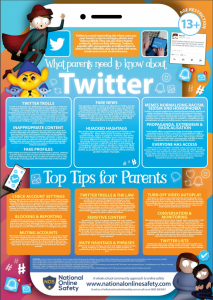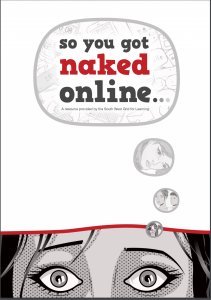Staying Safe on-line
The internet can be a great resource for helping with research and homework, shopping on line and making savings or keeping in touch with friends and family through social networks. It is becoming more and more part of our lives which makes it even more important that you keep yourself safe.
Top Tips for staying Safe
- Keep your phone, laptop or tablet secure, use a password or PIN
- Don’t do anything that you wouldn’t do face to face
- Think about what you post – would you be happy for people to still see it in 10 or 20 years. Comments, photos and videos you post or share make up your digital footprint, even if you delete it so there is still a record of it
- Do you really know your online friends? Think about why and how you know people and if you are not friends in real life, you shouldn’t be online
- Never feel forced into doing anything you don’t want to do
- Don’t sent cruel or offensive messages and block anyone who does then tell someone about it
- Don’t open links and attachments from people you don’t know
- Never arrange to meet someone you have met on the internet
- Sexting is never a good idea. Once images have been taken and sent to others, control is lost of them and they can end up anywhere. (see more about Sexting below)
- If you receive an indecent image or naked selfie from someone, do not send this image onto others or respond with one of you – report it
- Always tell an adult you trust
Be Respectful and Inclusive – Know the difference between Free and Hate Speech
Look After Your Wellbeing On-line
Social Media
The UK Safer Internet Centre have produced useful resources to help you check your social media privacy settings.
Sexting
Sexting is the sending of any of the following to a boyfriend, girlfriend or someone else.
- naked pictures
- underwear shots
- sexual images
- rude text messages or video
Creating and sharing sexual photos and videos of under-18s is illegal – the best advice is “don’t do it” but, if you have, and its all gone wrong or your are worried it might, then speak to a trusted adult straight away – it may be embarrassing but it is important to get help and support immediately.
If you are under the age of 18 and an indecent image of you is posted online you can contact the website or social media platform directly to have it removed as they are breaking the law by hosting it.
There is a lot of helpful advice and tips for young people who have been involved in incidents of sexting in the “So You Got Naked Online” booklet
Remember – Not everyone is doing it, even if they say they are.
More useful information and guides about staying safe on-line can be found at:
- Safer Internet Centre Website
- Internet Matters Website
- National Online Safety Website
- Childnet International
- Internet Watch Foundation
- AskFM
- Child Exploitation and Online Protection Command
- Thinkuknow

